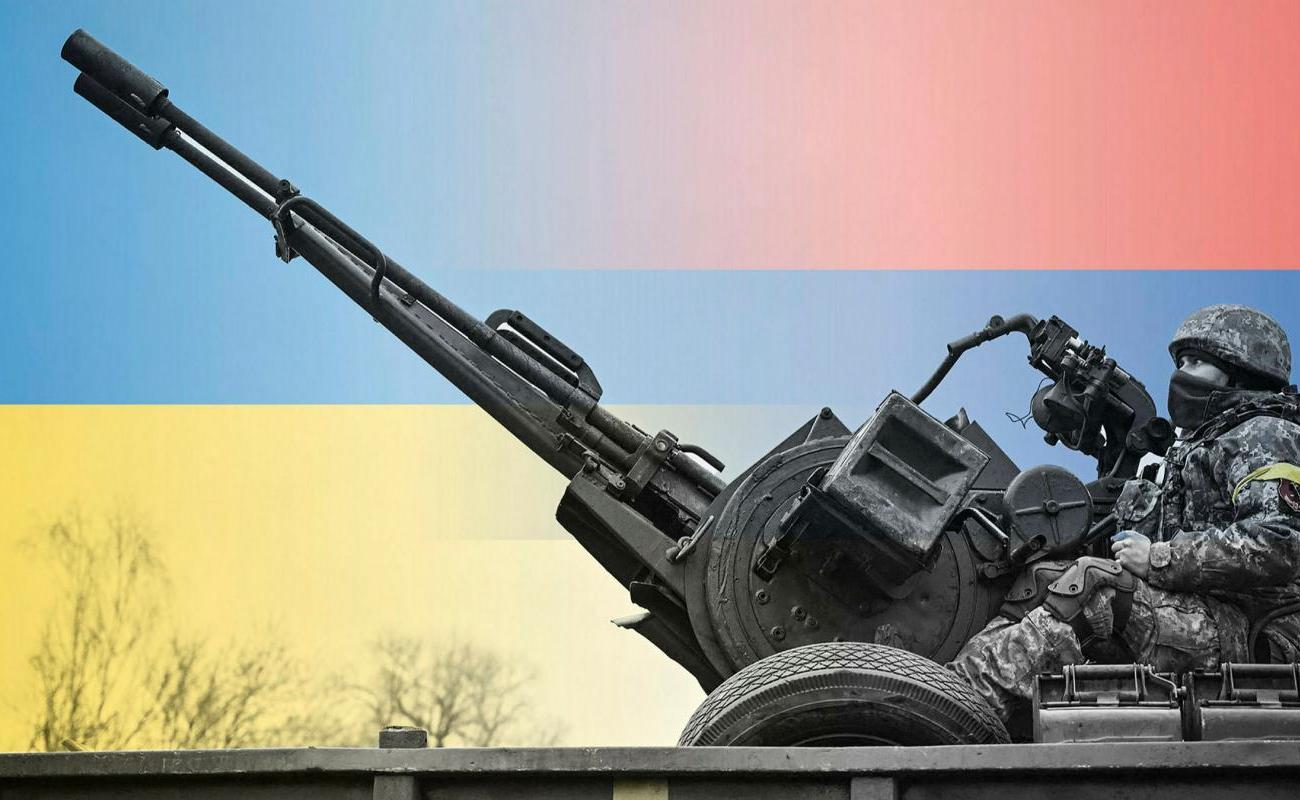Lords of Chaos. Why is Putin "fighting Ukrainian terrorism"?

At the meeting of the Security Council of Russia, which was held at the end of February, Russian President Vladimir Putin spoke again about the importance of the fight against terrorism. It is interesting that initially this meeting was expected as urgent - after reports of a mysterious incident in the Bryansk region. However, the press secretary of the Kremlin Dmitro Peskov said that the meeting of the Security Council will be held on the scheduled date. Well, it turns out that Putin started to fight terrorism even before Bryansk region?
Of course, there is nothing unexpected in such a coincidence. The Russian Chekists are the real masters of chaos. They learn this ability to create contradictory and misunderstood situations, this kind of "controlled chaos" is called by the simple word "destabilization". But, good! We understand very well why Vladimir Putin and his entourage need destabilization in Ukraine or Moldova. But not in Russia!
And why not in Russia? The Kremlin can be sure that "controlled chaos" in Russia can serve to strengthen the government and increase the willingness of the population to support the political goals of the country's leadership. This is how the FSB of Russia operated during the Chechen wars. After all, the very idea of violent confrontation was extremely unpopular in Russian society.
The Soviet Union with its long-standing practice of violent suppression of dissent has just disappeared. The actions of the Soviet security forces in Tbilisi, Baku, and Vilnius were still remembered. The "mining shovels" of the Soviet army - with which they beat demonstrators in the capital of Georgia - were discussed from the podium of the congress of deputies in Moscow and caused general indignation. A return to this practice was perceived as a return to the past.
"The FSB is undermining Russia"
Terrorist acts changed Russian public opinion. Now those who called for dialogue, peaceful resolution of problems, search for legal ways that could regulate the relations between Grozny and Moscow have already become marginal. The well-known defender of human rights, Commissioner for Human Rights Serhij Kovalev was forced to resign after he tried to put himself on the side of the civilian population of Chechnya, otherwise a Russian region.
The influence of the Russian security forces in society grew day by day. And on December 31, 1999, on the eve of the new millennium, President Boris Yeltsin officially handed over power to the former head of the Russian FSB, Prime Minister Vladimir Putin. A few months before this decision, there were explosions of residential buildings in Moscow, Bujnaksk and Volgodonsk.
Later, the former special services officer Aleksandar Litvinenko, who was later killed by the Chekists, and the historian Yuri Felštinsky, will write a book about this era, "The FSB undermines Russia".
If we explain the political consequences of these explosions in a few words, the Russians simply wanted a "firm hand", order, the destruction of terrorism. And the explosions in Moscow changed the mood of the city, which since the time of perestroika was considered the main stronghold of democracy and change. Putin won almost everywhere in the presidential elections in 2000, he had no alternative.
Now Putin has a different goal
It is unlikely that the Russian president has forgotten the time when "controlled chaos" and war put him at the head of the state.
Now Putin has a different goal - to get the Russians not only to accept the war, but also to support it. To the Russians to believe that the alternative to war with Ukraine is savage terror. Therefore, the conversation with the members of the Russian Security Council is not a conversation about how to deal with terror at all. The history of Putin's Russia testifies to this.
